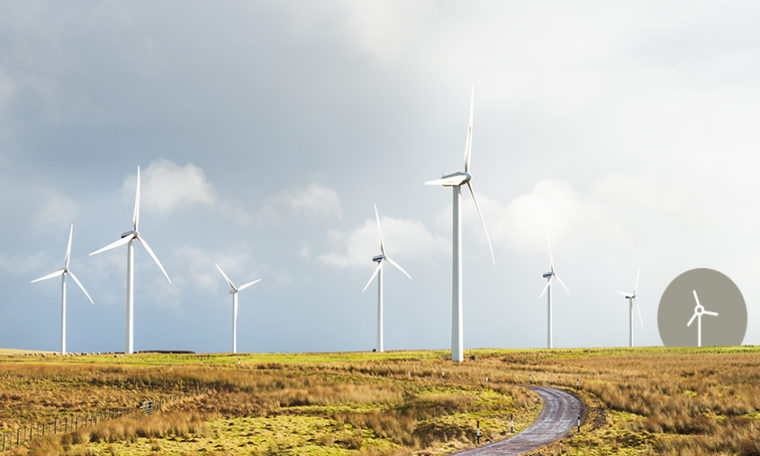
“Carbon neutral”, “net zero”, and offsetting claims in advertising have been an important area for the ASA since the outset of the Climate Change and Environment Project (CCE). In 2022, the ASA commissioned research into consumer understanding of these claims, which found that there was little consensus about the meaning of the terms, and participants called for their usage to be simplified and standardised. It also found that participants tended to believe that carbon neutral claims implied that an absolute reduction in carbon emissions had taken place or would take place, and, when the potential role of offsetting in supporting those claims was revealed, this could result in consumers feeling that they had been misled.
CAP subsequently updated its Advertising Guidance on The environment: misleading claims and social responsibility in advertising in 2023, to support advertisers’ use of these claims in marketing communications. This guidance also reflects key principles of the Competition and Markets Authority (CMA)’s ‘Green Claims Code’.
Following publication of the guidance, CAP committed to carrying out a review, taking into account expert insights and policy developments in the UK and other jurisdictions, seeking to provide guidance about what forms of evidence are more or less likely to be acceptable to substantiate such claims in advertising.
The complex question about the validity and effectiveness of offsetting as substantiation for these claims continues to divide opinion, and is a question that goes far beyond advertising. It is important that CAP and the ASA have a consistent approach with other regulators and the Government. That is why we are working closely with the CMA, and will engage with the Department for Energy Security and Net Zero’s planned consultation on voluntary carbon and nature markets, which will include consideration of the role of policy and regulation the Government considers is needed to support the high-integrity growth of these markets.
As well as policy developments in the UK, it is important to acknowledge the impact that standards set in Europe might have on businesses making such claims to an EU audience and, where those businesses also target UK consumers, their transnational advertising. We will continue to closely monitor these international developments.
As part of its review, CAP has also used its AI based Active Ad Monitoring system, to help understand how big advertisers are currently making these claims. Our most recent monitoring, between mid-January and mid-February, analysed a sample of around 300,000 online ads across 200 major brands in nine sectors (food, oil and gas, energy, water, airlines, vehicles, finance, fashion, cosmetics, and household). Of the ads analysed, only eight ads featured the claim “carbon neutral” or “carbon neutrality”. Just 0.05% of the sample featured “net zero” claims; these were made predominantly in the energy and finance sectors, sharing future goals to meet net zero or contribute to national or global net zero targets, and investments in net zero initiatives.
After publication of the updated guidance, the ASA also carried out a monitoring exercise to assess compliance, and then launched proactive investigations against problematic claims, ruling on ads that made unqualified and misleading carbon neutral claims. BrewDog’s claims to be “Carbon Negative”, and Charles Tyrwhitt’s claims to be “100% carbon neutral” were upheld by the ASA, because the ads did not include any information to explain the basis of those claims. These rulings show, in line with the Advertising Guidance, that the basis of claims should be made clear, and that accurate information about whether (and the degree to which) a claim is based on the active reduction of carbon emissions, or on offsetting, should be included wherever those claims are made. This information should be sufficiently close to the claim to ensure that consumers can see it and can take account of it to inform their understanding of the claim. In relation to claims about future goals to reach net zero or achieve carbon neutrality, the guidance makes clear that these should be based on a verifiable strategy to deliver them.
The ASA is committed to supporting the industry to greenspeak with confidence, and close working with other regulators and continued monitoring of policy developments in the UK and elsewhere is essential to ensure that CAP and BCAP can provide guidance for the industry, and to ensure consistency in businesses’ and regulators’ approach to such claims.
More on
-
Keep up to date
Sign up to our rulings, newsletters and emargoed access for Press. Subscribe now.


